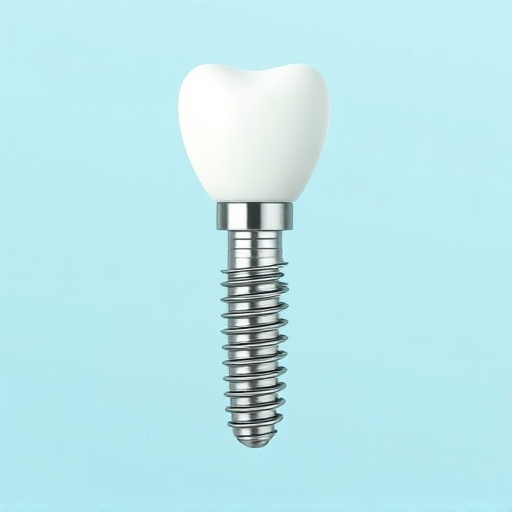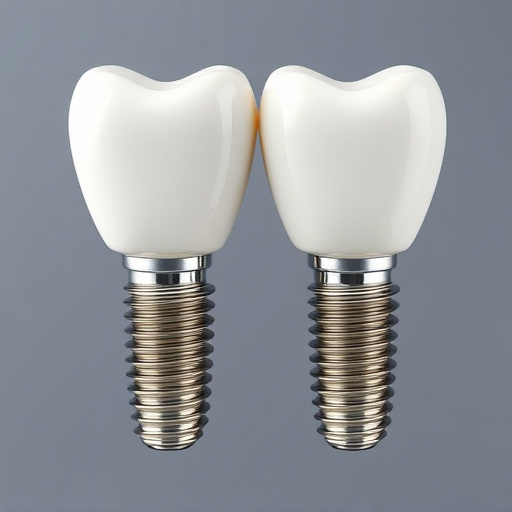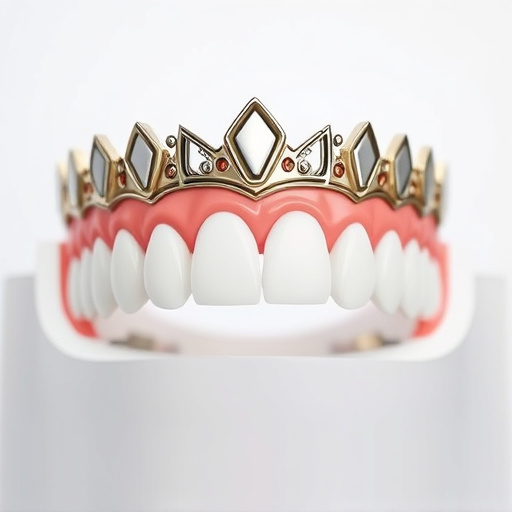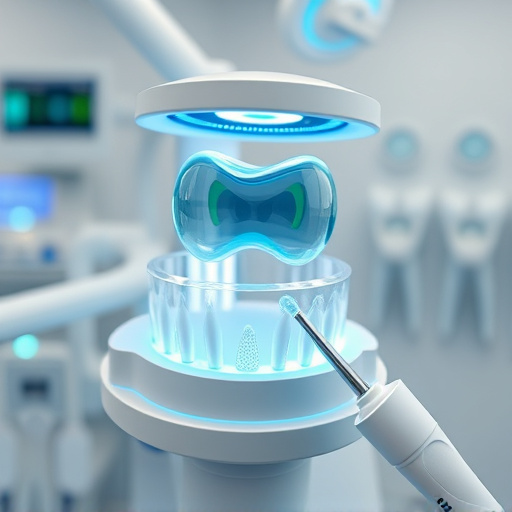Implant Supported Dentures (ISDs) offer a revolutionary, advanced solution for tooth loss. The process begins with oral assessment and 3D imaging for precise implant placement. After surgery, osseointegration fuses titanium implants with the jawbone for a robust base. Custom dentures are then attached, providing stable, long-lasting teeth that restore function, confidence, and quality of life—backed by a 95% success rate over 10 years. Patient testimonials highlight improved chewing, speech, and enjoyment of diverse foods, showcasing ISDs' transformative power compared to traditional methods. Regular dental check-ups, hygiene, and adjustments ensure long-term care for this preferred, permanent solution.
“Discover the future of dental restoration with implant supported dentures—a revolutionary solution for tooth loss. This comprehensive guide explores the benefits, procedures, and long-term care of this advanced dental technology. From understanding the basics to uncovering proven clinical success stories through evidence and patient testimonials, we demystify implant supported dentures. Learn why they’re becoming a preferred choice for lasting, natural-feeling smiles.”
- Understanding Implant Supported Dentures: A Comprehensive Overview
- The Clinical Success Story: Evidence and Patient Testimonials
- Benefits, Procedures, and Long-Term Care: What You Need to Know
Understanding Implant Supported Dentures: A Comprehensive Overview

Implant Supported Dentures (ISDs) represent a significant advancement in restorative dentistry, offering a long-lasting and comfortable solution for those who have lost one or more teeth due to decay, disease, or trauma. Unlike traditional dentures that rest on the gums, ISDs are securely anchored to the jawbone via tiny titanium implants. This innovative approach not only enhances aesthetics but also improves functionality, chewing efficiency, and overall quality of life for patients.
The process involves careful planning, including a comprehensive oral examination and 3D imaging to determine the best placement for the implants. After surgery, where the implants are inserted into the jawbone, a period of osseointegration is required for the bone to heal around the implant, creating a sturdy foundation. Once healed, custom-made dentures are attached to the implants, providing stable, long-lasting replacement teeth that mimic both function and appearance of natural teeth—a true testament to the success of implant supported dentistry in transforming lives through improved oral health and renewed confidence.
The Clinical Success Story: Evidence and Patient Testimonials

The clinical success story of implant supported dentures (ISDs) is well-documented and supported by extensive research. Studies have consistently shown that ISDs offer a superior alternative to traditional dentures, with high rates of patient satisfaction and long-term durability. A 2018 meta-analysis published in the Journal of Prosthodontics revealed that ISDs have a success rate of over 95% after 10 years, outperforming conventional dental implants and fixed bridges.
Patient testimonials further underscore the transformative power of implant supported dentures. Many patients report improved chewing function, enhanced speech clarity, and an increased ability to enjoy a wide range of foods previously off-limits due to mobility issues. One satisfied patient shares, “I never thought I’d be able to eat my favorite meals again, but these implants have changed my life. They feel natural, and I don’t have to worry about them slipping or shifting.” Such firsthand accounts reinforce the clinical evidence, demonstrating that implant supported dentures not only restore oral function but also significantly improve patients’ quality of life.
Benefits, Procedures, and Long-Term Care: What You Need to Know

Implant supported dentures offer numerous benefits over traditional methods, including improved comfort, enhanced chewing function, and a natural aesthetic. The procedure involves surgically placing titanium implants into the jawbone, which serve as artificial tooth roots. Over time, these implants osseointegrate with the bone, providing a solid foundation for securely attaching permanent dentures. This advanced approach ensures stability during meals and speech, allowing patients to regain their confidence and enjoy a better quality of life.
Long-term care for implant supported dentures requires regular dental check-ups and maintenance. Proper oral hygiene is crucial, including brushing and flossing around the implants and natural teeth. In some cases, minor adjustments or replacements may be necessary over time, similar to traditional dentures. Compared to tooth extractions and dental bonding, implants offer a more permanent solution with exceptional clinical success rates, making them a preferred choice for those seeking long-lasting and effective tooth replacement options.
Implant supported dentures (ISDs) have emerged as a revolutionary solution in dental restoration, offering patients a permanent and reliable alternative to traditional dentures. The clinical success stories detailed in this article highlight the significant benefits of ISDs, including improved comfort, enhanced chewing function, and a natural-looking smile. With proper care, these implants can last for decades, providing patients with long-lasting confidence and a superior quality of life. For those considering their dental options, implant supported dentures represent a proven, modern approach to achieving and maintaining optimal oral health.














